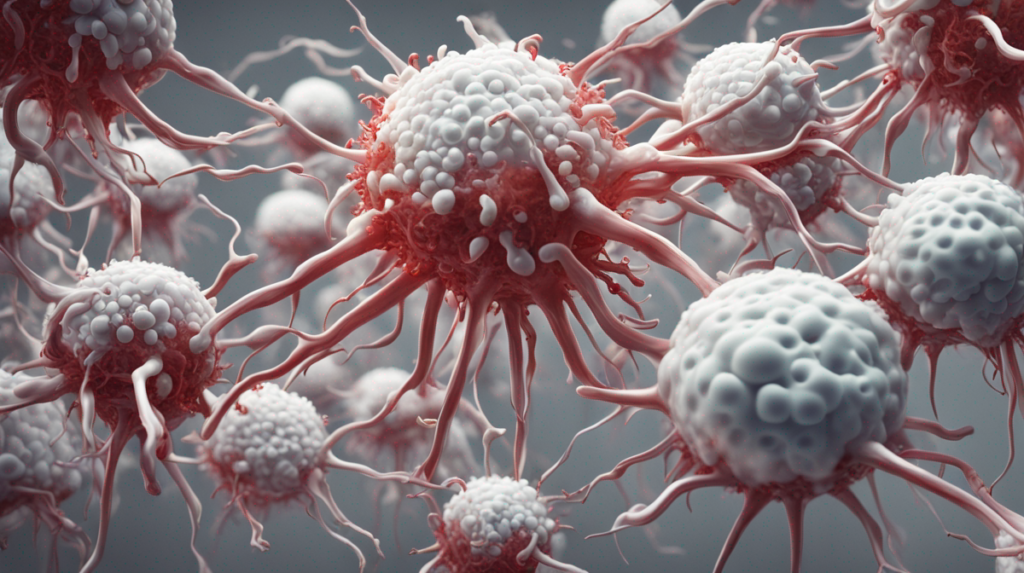
Our bodies are under constant assault from bacteria, viruses, and other microorganisms, yet we remain largely unscathed thanks to the human immune system, a complex network of cells and proteins. This monumental battle ensuing in our bodies often goes unnoticed until we fall ill. This article provides an in-depth perspective into the role of the human immune system in fighting infections, shedding light on recent developments in the field.
Understanding the Human Immune System
The human immune system is a formidable bodyguard. It consists of white blood cells, antibodies, and other components such as lymph nodes and spleen that work collaboratively to identify and neutralize invasions. This dynamic biological framework is divided into two primary elements: the innate immune system and the adaptive immune system. The innate system serves as our first line of defense against pathogens, while the adaptive system has a more specific and powerful response capable of ‘remembering’ previous invaders.
(Read Also: Revolutionary Advancements in Cancer Treatment: The Dawn of a New Horizon)
How the Immune System Fights Infections
In the event of an infection, the immune system first deploys white blood cells, such as neutrophils and macrophages, to consume these intruders. If the infection is not contained, the immune system releases cytokines that rally more immune cells to the infected area.
Simultaneously, the adaptive immune system gets to work. This involves T-cells, a type of white blood cell which identifies and eliminates infected cells while triggering the production of B-cells. B-cells make antibodies, proteins that lock onto specific pathogens and neutralize them, preparing them for destruction by other immune cells.
Keeping the Immune System Healthy
A well-functioning immune system is vital to good health. It can be nurtured through regular exercise, balanced nutrition, and sufficient rest. Avoiding habits such as smoking and excessive alcohol consumption also promotes immune health.
The Immune System and Vaccines
Vaccines are purposefully designed triggers for the adaptive immune system, ‘teaching’ it to recognize and counteract specific infections. By training our immune system in this way, we build a memory of the pathogen and a quicker, more effective response in case of future encounters.
(Read Also: The Gut-Brain Connection: Understanding the Influence of Gut Health on the Mind)
Controversies and Ongoing Research
Despite substantial advancements, the human immune system still presents a plethora of unknowns and a few controversies. The relationship between stress and immunity, for example, remains hotly debated. Ongoing research also seeks to unravel the role of the immune system in autoimmune diseases, allergies, and cancers.
Conclusion
The human immune system is an impressive, intricate network that protects us from a myriad of threats every day. Understanding its workings helps create a more informed health-conscious society and inspire further research in the field.
Keep educating yourself, stay healthy, and remember: every part of your routine contributes to your immune health.
Last modified: 11 December 2023


















